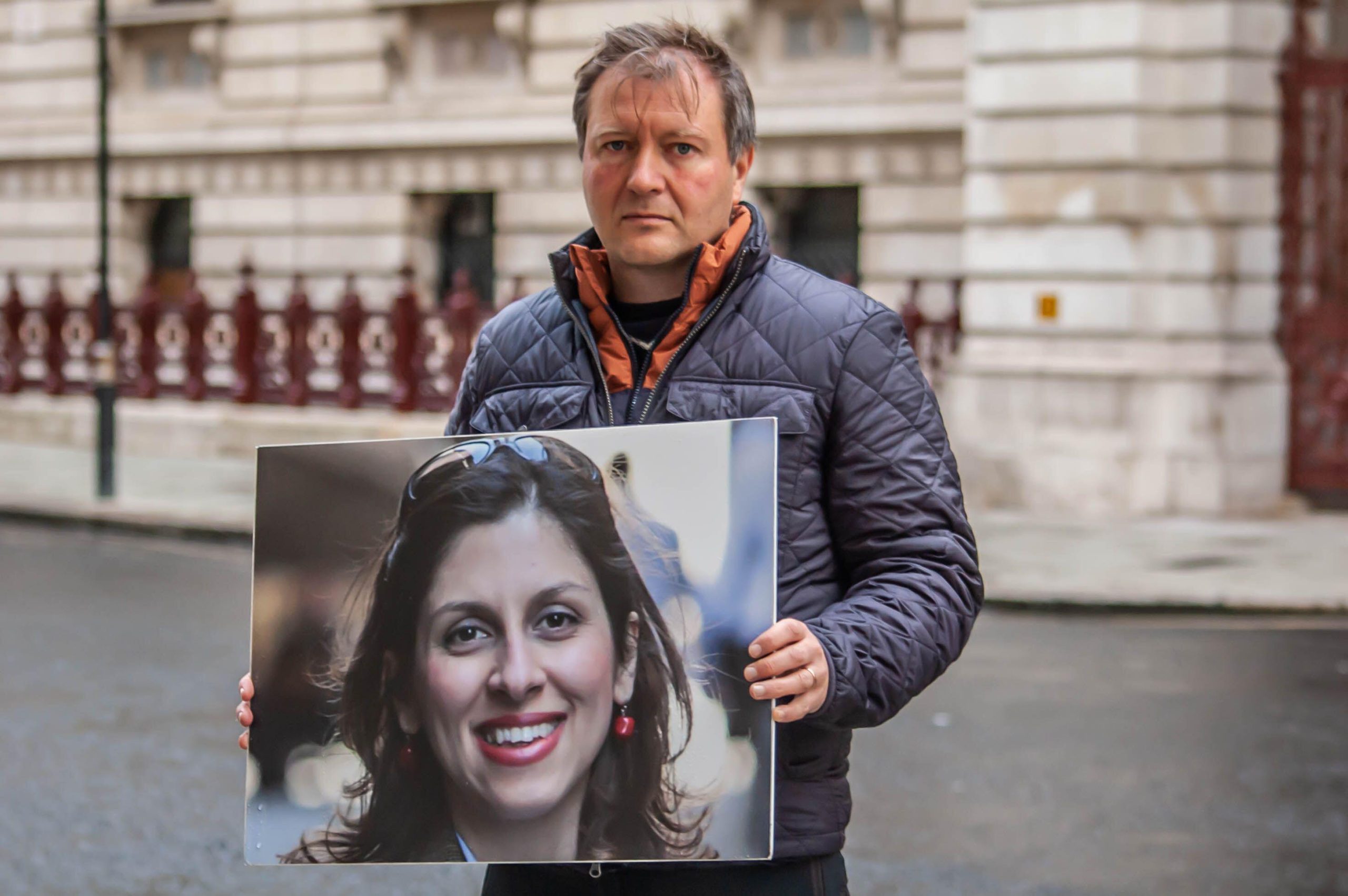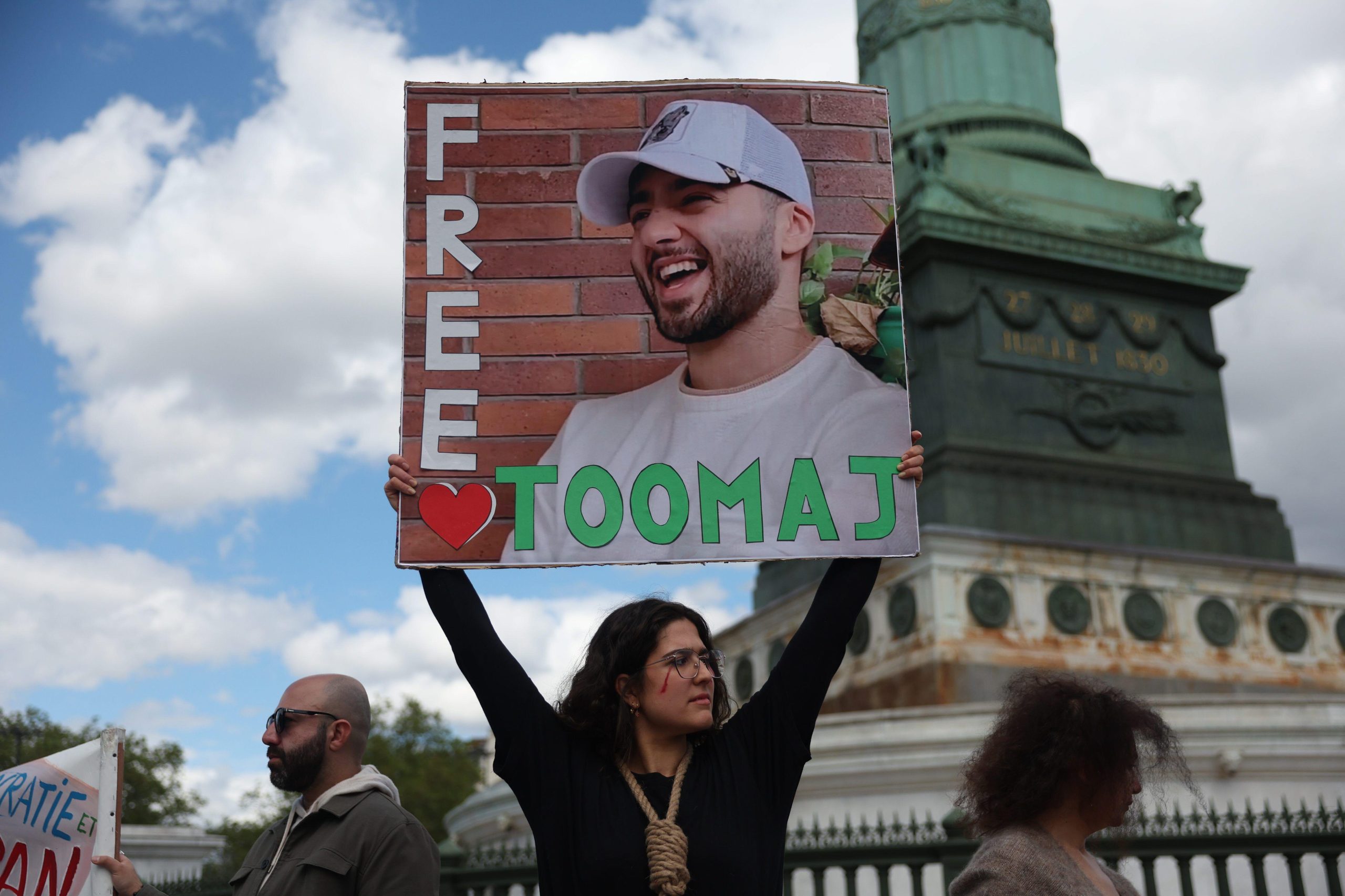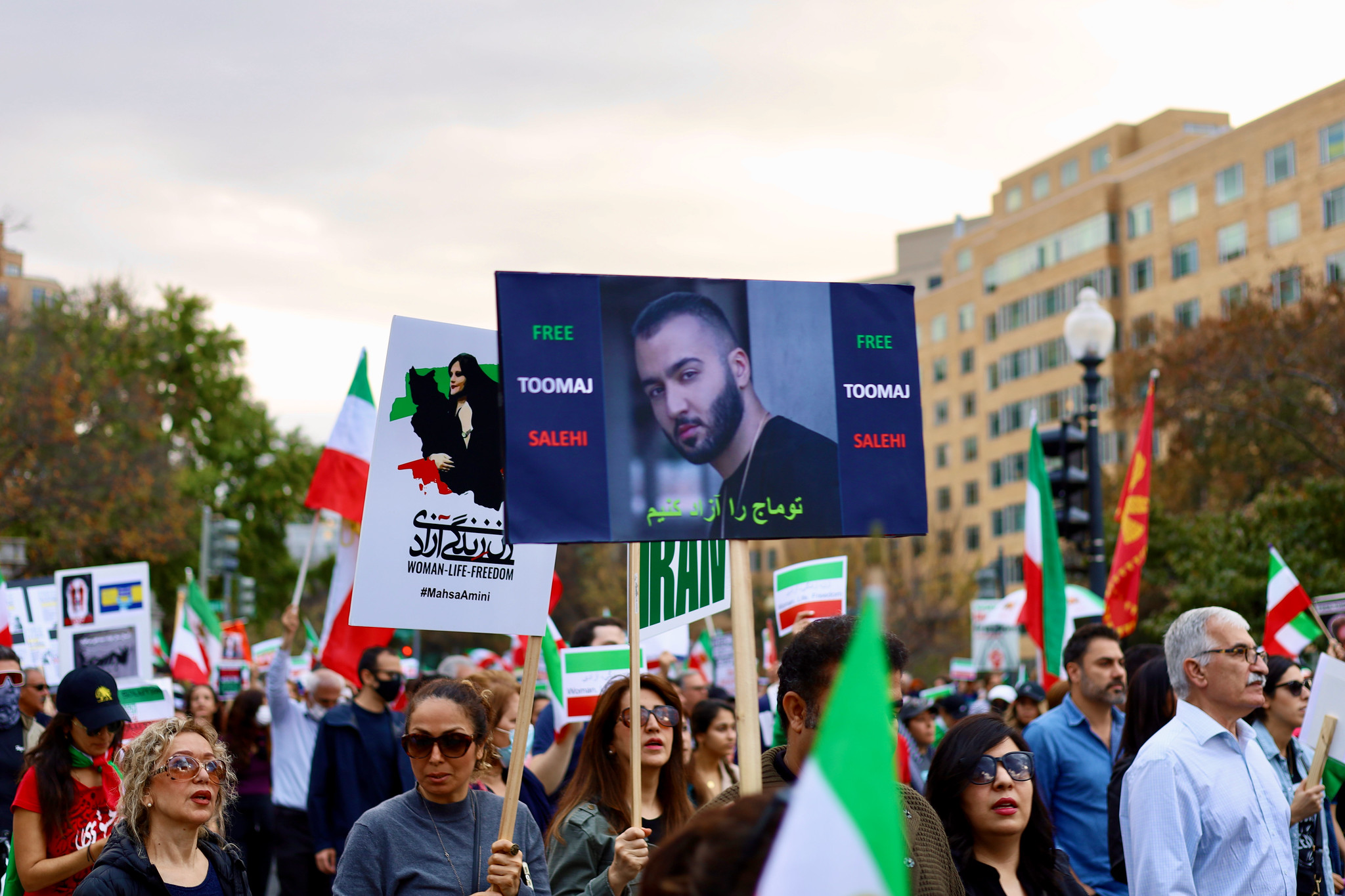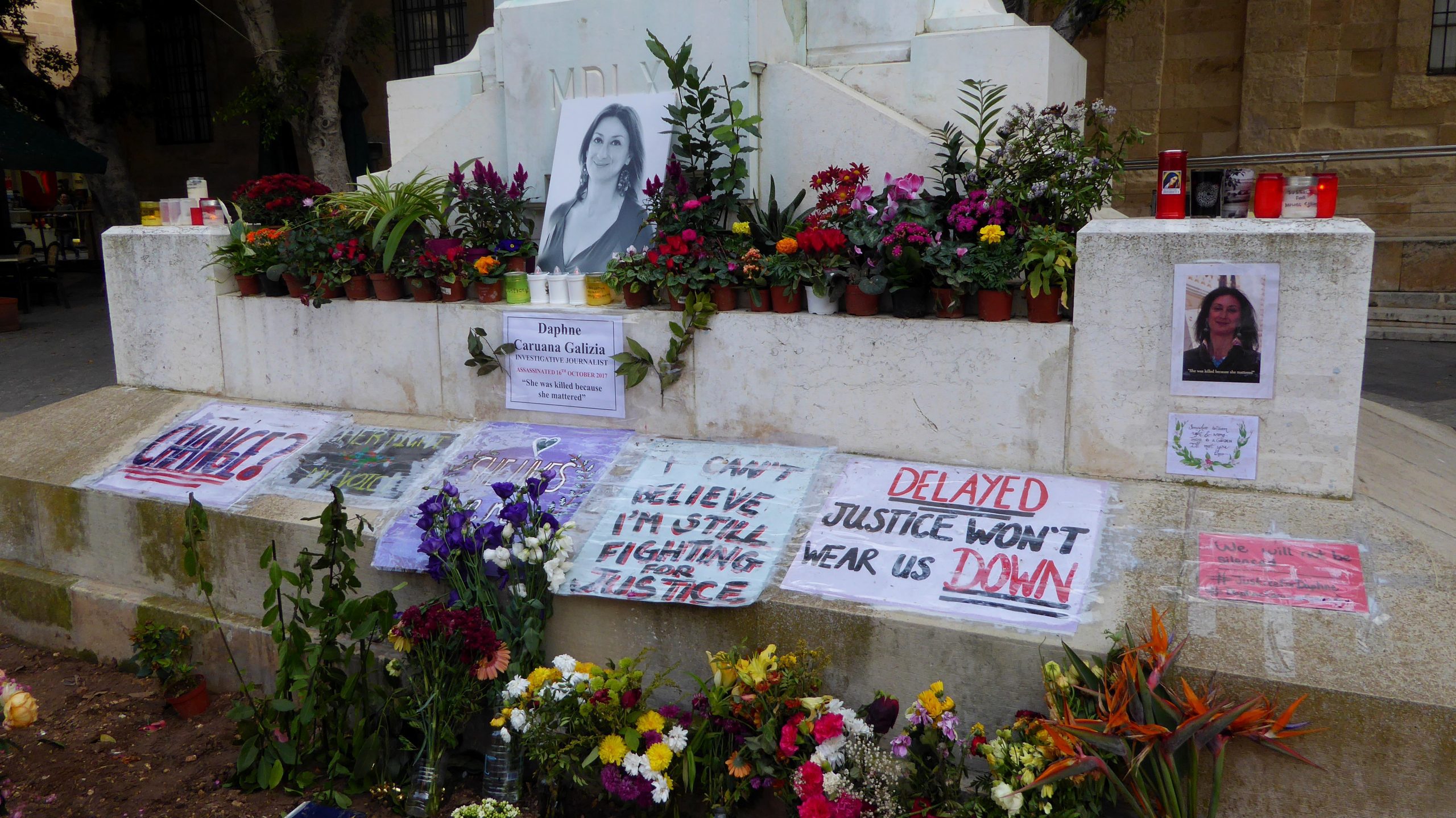
Bahraini human rights defender Nabeel Rajab (Photo: The Bahrain Institute for Rights and Democracy)
Index on Censorship award winner Nabeel Rajab had the final hearing on his appeal delayed for a third time, until April 15. Rajab, who is appealing his sentence over a tweet, remains under a travel ban.
“It is clear that Bahrain government can’t simply send Bahrain’s leading human rights defenders to jail while the United Nation’s human rights council in Geneva is still in session. Intimidation against him will not stop, they don’t want to end up his case as it will lead to lifting the travel ban, which is something Bahraini government very afraid of”, Sayed Alwadaei, director of advocacy for Bahrain Institute for Rights and Democracy, told Index in an email.
Index’s CEO Jodie Ginsberg said that “the continual postponements of Nabeel’s court dates is another example of how justice is not being served in Bahrain. While his case is still pending, Nabeel is not free to travel, and kept in perpetual uncertainty about his future. And all because Nabeel expressed an opinion. We call on the Bahraini authorities to drop all charges against him and for the international community to ensure that Bahrain meets its international commitments on human rights.”
In January, Rajab, the president of the Bahrain Center for Human Rights, was handed down a six-month suspended sentence pending a fine over the following tweet:
many #Bahrain men who joined #terrorism & #ISIS came from security institutions and those institutions were the first ideological incubator
— Nabeel Rajab (@NABEELRAJAB) September 28, 2014
Bahrain’s ministry of interior and ministry of defence both alleged the tweet “denigrated government institutions”. Rajab was released on bail while appealing the verdict, the outcome of which was expected on March 15 before being delayed a month.
Rajab, one of Bahrain’s most prominent human rights activist, has been continuously targeted by authorities in relation to his human rights campaigning work. He was released from prison last May, where he spent two years on charges which included writing offensive tweets and participating in illegal protests.
On 12 March, Rajab wrote to Federica Mogherini, the European Union’s foreign policy chief. Calling for further international support for himself and his fellow human rights activists, he said he was “deeply disappointed by the EU’s lack of strong action to back up its human rights commitments in its foreign policy”.
He also wrote of his latest questioning by police, in early March. He says he was accused of inciting hatred towards the regime, for, among other things “accusing the police and ministry of interior with torturing detainees” and “calling the events happening in Bahrain a revolution”.
“These accusations cannot more obviously target my freedoms of expression and association,” Rajab stated. “Moreover, they are directly related to my work as a human rights activist.”
Echoing Rajab, Alwadaei believes the response from the international community could have significant impact on Rajab’s case: “I strongly believe the moment they [Bahraini authorities] feel they have less international pressure on his case he will be sent directly to prison.”
This article was posted on 13 March 2015 at indexoncensorship.org




